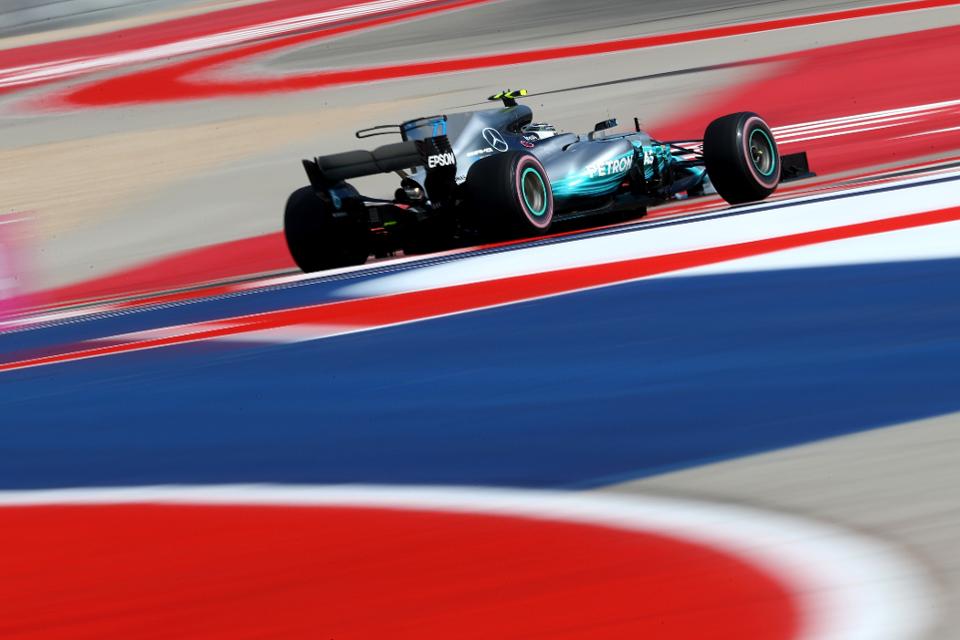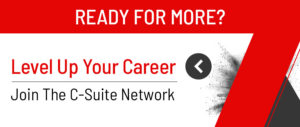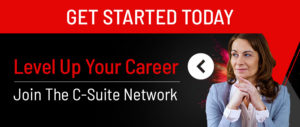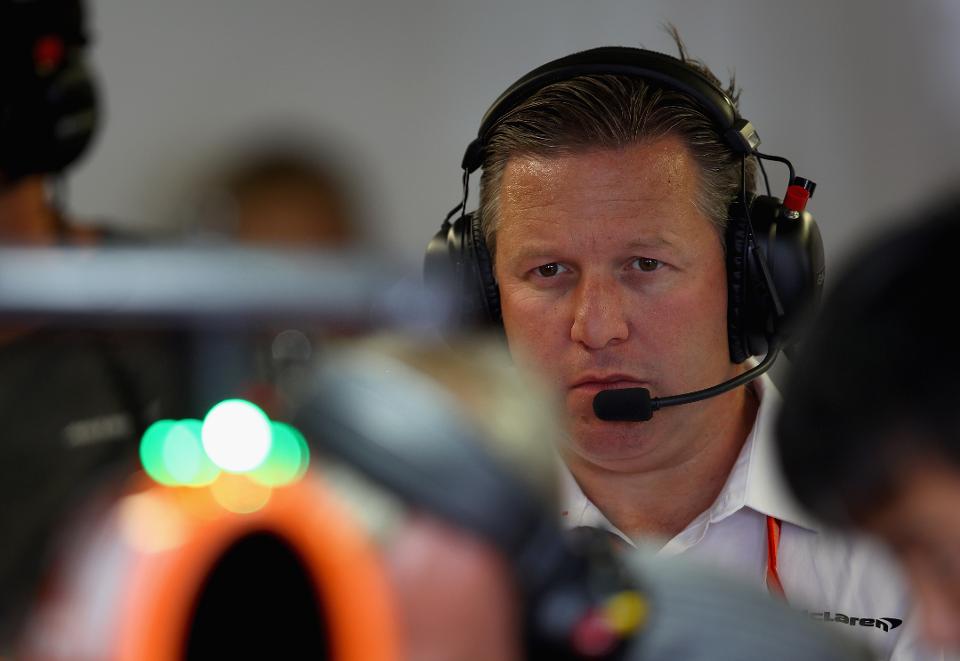
Exclusive F1 Regulator Advised To Boost Its Monitoring Of Conflicts Of Interest
Exclusive F1 Regulator Advised To Boost Its Monitoring Of Conflicts Of Interest https://csuiteold.c-suitenetwork.com/wp-content/uploads/2017/10/exclusive-f1-regulator-advised-to-boost-its-monitoring-of-conflicts-of-interest.jpg 960 640 C-Suite Network https://csuiteold.c-suitenetwork.com/wp-content/uploads/2017/10/exclusive-f1-regulator-advised-to-boost-its-monitoring-of-conflicts-of-interest.jpgThe regulator of Formula One auto racing has been advised by the consultancy firm Deloitte to improve its monitoring processes which ensure that it is free from conflict of interest.
The recommendation came in a report produced by Deloitte last year after it was called in by F1’s regulator the Fédération Internationale de l’Automobile (FIA). “The FIA requested Deloitte to carry out a compliance analysis to evaluate our organisation with regard to the fight against bribery and corruption,” said its president Jean Todt in the introduction to its 2016 Activity Report.
A summary of Deloitte’s findings is buried deep in the document and reveals that although the threat of corruption reversed after the FIA improved its compliance policy, “residual risks remain.” Deloitte made a number of recommendations to deal with them and the summary states that one was “the improvement in the monitoring of the independence of certain FIA bodies and of the absence of conflicts of interest.”

The Activity Report states that Deloitte’s recommendations led to the FIA’s regulations being amended in December and further changes are being made.
“The FIA is in the process of implementing the recommendations of Deloitte,” says a spokesperson. “The FIA will continue to lead the way in ensuring compliance as it strives to put in place best practices. This includes implementing recommendations made by Deloitte following its compliance analysis that was carried out in 2016, at the request of the FIA, to assist it in reaching its compliance goals. This also included the appointment of a new compliance officer to lead oversight and who has recently joined the FIA.”
The FIA refuses to release the report so it isn’t clear if Deloitte identified the risk of conflict of interest in any specific area or whether its recommendation was simply designed to prevent it from taking place in general.
It is a subject which has raced into the spotlight this week. As F1 gathers in Texas for tomorrow’s United States Grand Prix, the biggest story about the series in the local media focuses on alleged corruption in the series rather than racing.
It has been driven by a report in the New York Times which has since been followed up by CNBC and French sports newspaper L’Equipe. The New York Times report revealed that financial corruption investigators in France are looking into whether the FIA had a conflict of interest when it approved the sale of F1’s Commercial Rights Holder (CRH) to the investment firm Liberty Media Corporation in January.
The FIA had to give its approval to the sale and was paid $46 million as a result of it going ahead. It received the money in return for a 1% stake in the CRH’s parent company Delta Topco, which the FIA bought in 2013 for the bargain price of $500,000 even though it had a market value of $70 million. The FIA bought the stake from Delta Topco itself, which was controlled by the private equity firm CVC. The stake came with the crucial condition that it could only be cashed in by the FIA in the event of a sale by CVC. As this involved a change of control it required the approval of the FIA’s decision-making body, the World Motor Sport Council, and this has fuelled the claims that it had a conflict of interest.
As the FIA is based in Paris it falls under the jurisdiction of France’s fraud investigation agency, the Parquet National Financier. According to the New York Times, two sources have revealed that its prosecutors have opened a preliminary inquiry into the sale.
As Forbes has reported, the sale put an $8 billion valuation on Delta Topco with net debt accounting for $3.4 billion of this and the remaining $4.6 billion being the company’s market capitalisation which is the actual price that Liberty paid. Liberty funded the purchase with $3 billion in cash and the remainder in shares, and a loan that can be exchanged for shares, in the Nasdaq-listed stock which tracks the performance of F1 and has the ticker FWONK.
CVC was the biggest beneficiary of the sale getting the green light as it got $1.8 billion of cash and shares for its 38.1% stake in Delta Topco whilst the FIA got $46 million. The transaction put Liberty in the position of paying the regulator of the business it was buying as a result of it giving approval to the acquisition. A report in the Economist in January revealed that although Liberty repeatedly disclosed that its takeover needed FIA approval, it did not highlight the fact that it had a stake in the series.
All of the parties deny there was anything wrong with this and in February the FIA released a statement saying that “there is no conflict of interest on the part of the FIA with regard to its approval of the change of control of the CRH which has been approved by the World Motor Sport Council taking into consideration exclusively the terms of the existing agreements between the CRH and the FIA and the best interests of the Championship.”
There is no doubt that this was the World Motor Sport Council’s remit and actually all financial…




